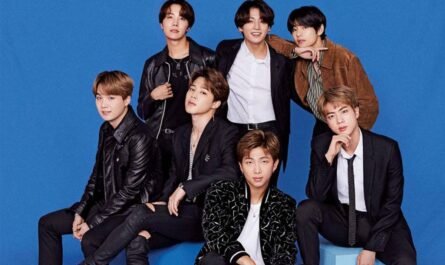“Korea has not only threatened American cultural dominance, but it is also changing the future of Asia.”
On February 16, The Diplomat, an American foreign and security magazine, published an article titled ‘This is South Korea’s K-Pop Soft Power Moment’ to promote Korean K-pop worldwide. Introduced it as an influential soft power and analyzed the Korean Wave intensively.
The Diplomat first pointed out the recent K-pop and Hallyu phenomena. BTS’ Billboard Hot 100 chart 1st place, Bong Joon-ho’s ‘Parasite’ Academy Award for Best Picture, Black Pink and Twice’s first Billboard Global 100 chart entry, ‘Squid Game’ popularity and actor Jung Ho-Yeon’s first Asian Vogue cover decoration were listed. In addition, it was introduced that the price of Dansaeksa was skyrocketing, and Korean content in 2021 surpassed the popularity of American content in East Asia.
The Diplomat continued, “K-pop shows something somewhat different from China’s nationalism and exclusionary local politics. We are gaining cultural and economic dominance through this.”
This media paid attention to the evolution of K-pop. Although Korean characteristics were the beginning of K-Pop, the development of K-Pop is not necessarily Korean. It is the same as Hollywood is used to encompassing the film industry.
This media particularly pointed out the post-political color of K-pop. “The global influence of K-pop is still just the beginning. It captures the hearts of the younger generation, which are not bound by the political ideas of the older generation. The contagious power of K-pop can be stronger than nationalism.”
This is also reflected in the face of the artists, and I heard that they have many non-Korean members, have English names, and are expanding their influence around the world by adding multiple languages to each song or releasing a foreign language version of the theme altogether.
The media also said, “The hard power that Korea achieves through music and actions can be more powerful than any missile system that South Korea can develop.”
For example, China recently took measures against the fandom, such as banning the bulk purchase of albums from “feminine boy groups,” but it was observed that “the appeal of K-pop is likely to triumph in the end.”
Lastly, Diplomat said that the influence and value of K-pop based on the fandom also extended to everyday life and suggested that “K-pop as an alternative to the destructive anti-politics typical of international politics” can show hope.











